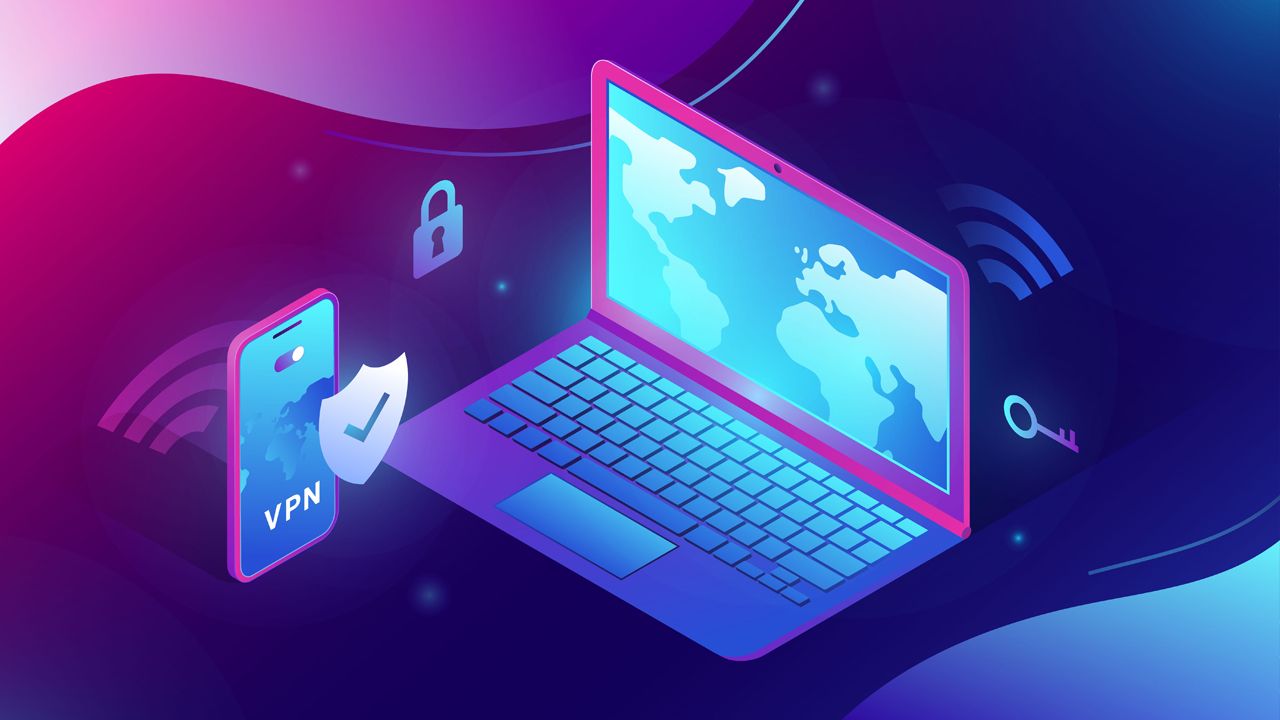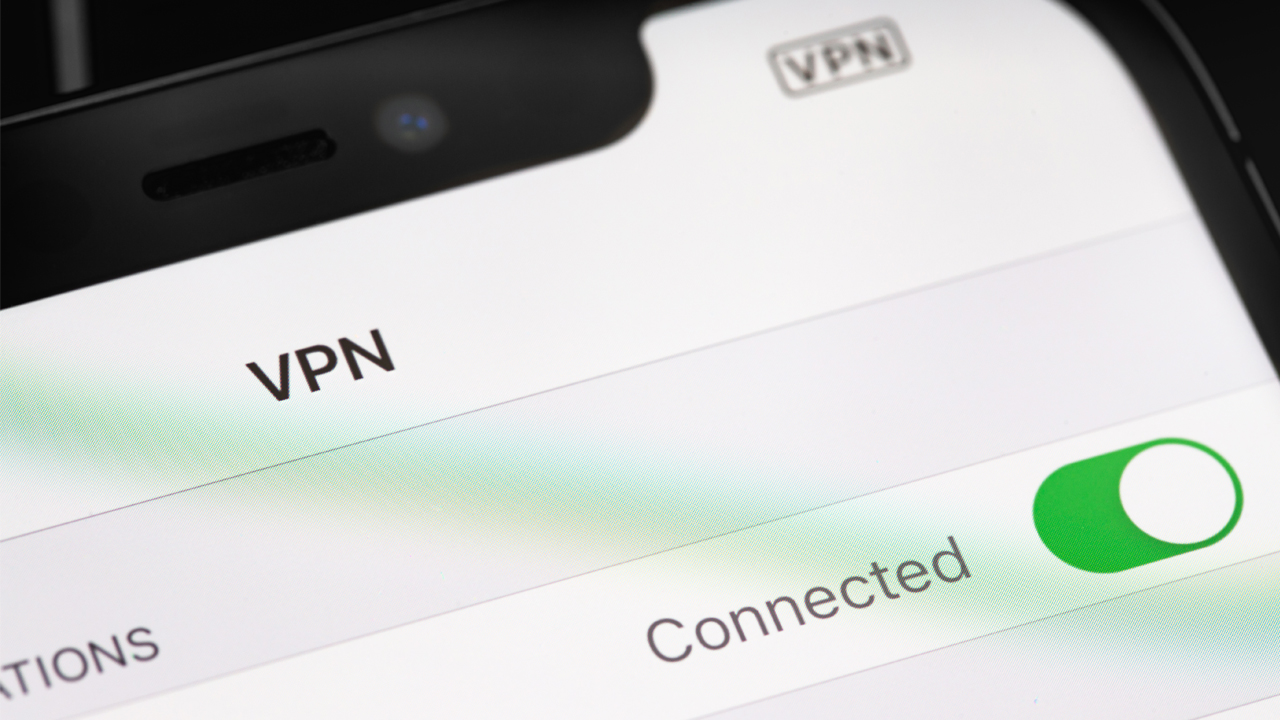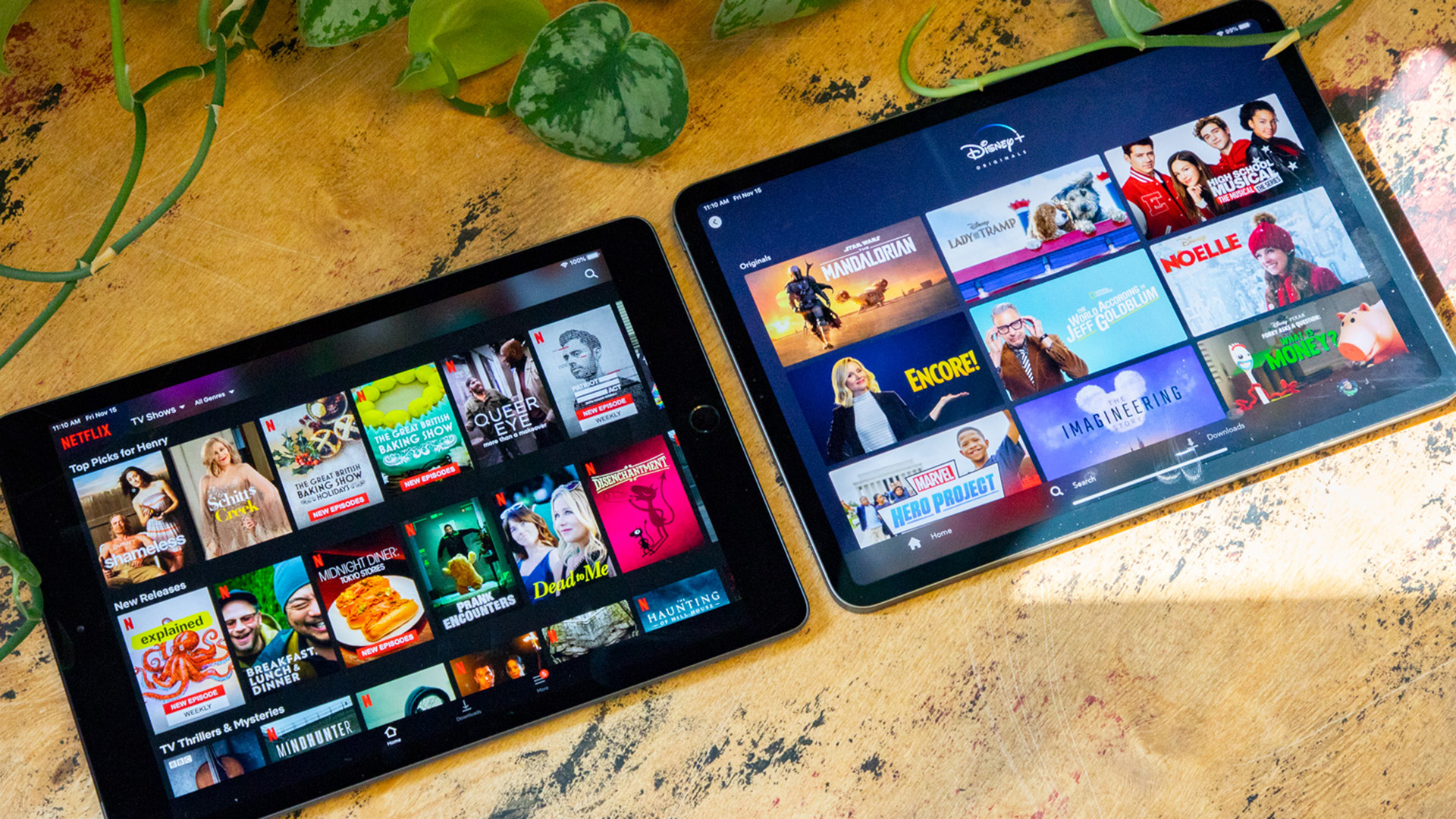
VPNs have absolutely blown up in popularity recently. Whether it's using them to circumvent age verification laws, to anonymize themselves when surfing the web, or to access geo-restricted content, many people are now using the best VPNs when they go online.
However, not all of these companies are created equally. While some VPNs combine excellent security, fast speeds, and even some handy extra features to keep users even more safe online, other VPNs are not so useful. At best, you'll find their performance lacking, and at worst, they'll steal your data or even infect your device with malware.
Unfortunately, it can be difficult to tell which ones are helpful and which ones are harmful, especially when bad VPNs offer flashy promises in order to gain downloads from users who don't know better. Thankfully, we at Tom's Guide have put together this handy guide so you know what to look out for.
What makes a good VPN?
While not every good VPN will have the exact same list of features, there are some key things to look out for.
You’ll want something that is fast, secure and, unsurprisingly, good at keeping your information private. On top of this, obfuscation to keep your VPN use on the down low and the ability to access streaming platforms are a huge plus.
Let's take a look at why these features specifically are important:
Strong encryption
When it comes to choosing a VPN, one of the most important things to look for is a strong VPN encryption protocol. This is the thing that keeps your data protected while using the VPN after all, so it needs to be infallible.
A VPN works by creating an encrypted tunnel between your device and the internet for your data to pass through. The encryption protocol itself is how this tunnel functions, and also stops your data being accessed by anyone who might be trying to snoop on it.
There are lots of different types of encryption systems out there, but the most secure VPNs have developed encryption plans with multiple layers of protection.
Some systems are built with security at the forefront, like those that use AES-256 encryption. This is a highly secure encryption system used by many of the top VPNs, for example NordVPN.
Other VPNS might use a system like ChaCha20 encryption which focuses on speed and efficiency. So, if getting the absolute fastest speeds out of your VPN is your top priority, you might be tempted to go for a VPN that uses this encryption protocol.
In some cases, both VPN protocols will be offered by one provider, so you can pick which one to use.

Fast speeds
It's no use having a secure connection if it isn't reliable. This is why the speeds offered by your VPN provider are so important. The fastest VPNs are especially useful if you’re looking to do something that requires high bandwidth, like gaming or streaming.
However, many dodgy VPNs will claim to be the "world's fastest VPN" without actually being able to back up these claims. Here at Tom's Guide, we've put in the work and tested dozens of VPNs to determine which are actually the fastets, so you don't have to.
Currently, the fastest VPN on the market is Proton VPN, with ExpressVPN and NordVPN following at second and third fastest.
Now, while Proton VPN and ExpressVPN both delivered speeds of over 1,000 Mbps in our testing, speeds of just 25 Mbps are needed to stream video in 4K. So, while decent speeds are essential, you don't necessarily need the absolute fastest speeds in order to stream content.
As such, most reputable VPN providers will have more than adequate speeds that won't slow you down.

Good streaming support
A sign of a good VPN is its ability to get access to streaming sites despite the blocks put in place to stop them from doing so.
The best streaming VPNs will allow you to access the content libraries of numerous different countries simply by connecting to a server in the country whose streaming platform you're trying to use.
This is why you should make sure that your chosen VPN has a decent server spread in terms of server locations. This means that your chosen VPN will likely have a server in whatever country you want to spoof your location to.
Plus, you'll need to look for a VPN that can actually unblock the content you want to watch, meaning it remains undetectable by streaming sites.
Due to licensing issues, many streaming sites will attempt to block VPN use, or restrict the amount of content you can view if a VPN is detected.
So, you'll want a VPN that uses obfuscation tactics, meaning it will go undetected by streaming platforms and you can stream all the content you want, uninterrupted..
A verified no-logs policy
A verified no-logs policy is a great feature to find in a VPN. Essentially, this means that the VPN won’t track, store or share your data, ensuring that you remain completely anonymous when using a VPN.
No-log policies are verified via independent audits. This means an outside company will evaluate a VPN’s architecture and sometimes its privacy policy to make sure it lives up to the provider’s claims.
If the VPN passes, then this is great news as it means all its claims are legit, and you can use it without being concerned that your data is secretly being logged.
Some less reputable VPNs will promise not to store or share your data, despite not having a verified no-logs policy. While this may still be the case, you cannot know for certain.
So, you should still be kept anonymous as you use the VPN, but you won't know for certain that your data isn't being stored somewhere else or even being passed on to other companies.
If a VPN you're considering doesn't have a no-logs policy at all, then it's not recommended that you use it, as they could be storing and sharing your data in these ways.
A functioning kill switch
A kill switch might sound like something from a sci-fi movie, but it's actually a pretty crucial feature of a VPN. Essentially, this is a tool that automatically disconnects your device from the internet when your VPN is disconnected.
This prevents you from being online with an unencrypted connection, keeping your privacy intact, no matter what. By having a kill switch, your VPN will ensure that you’ll remain anonymous online at all times without concern about your information slipping through. This is why all of the most private VPNs come with functioning kill switches.
Typically, your VPN's kill switch will only activate if you lose your internet connection or the VPN disconnects without you knowing. So, if you turn the VPN off yourself, no kill switch will activate, allowing you to still use the internet without a VPN in use if needed.
If there are sites you need to access without your VPN, for example online banking, consider using a VPN that offers split tunneling.
Split tunneling allows you to disable your VPN on specified sites and apps without completely disabling your VPN connection. This means that you can access the sites you need to without compromising your privacy overall.
How can you tell if a VPN is good?
Most VPNs providers will list some of their features on their website. In this way, you can vet out some of the ones that don’t match your criteria or are missing some of the key features mentioned above.
However, this can be harder to tell with some features. For example, there is no quick way to vet a VPN for its speed or its ability to unblock streaming sites without simply using it.
This is time-consuming and, depending on the VPN, potentially dangerous. So, reading VPN reviews and rankings from trusted providers (like us here at Tom's Guide!) is a good way to get an idea of what a VPN is like to use without going to the trouble of downloading it yourself.
We have conducted extensive VPN testing to see what results we’ve found. We have tested dozens of VPNs, analysing their abilities across speeds, pricing, security, streaming and more, to find the best VPNs in categories from privacy to streaming to travel.
However, if you're stuck between a couple of providers, it can be a good idea to use a VPN's free trial or its money-back guarantee to test it out before committing.
Most VPNs will provide at least one of these options (with money-back guarantees being the most common), but some of the best VPN free trials include completely free testing options for their VPN services.
Some of these free trials don't even require you to input your payment details, so you won't be risking a penny.
We test and review VPN services in the context of legal recreational uses. For example:1. Accessing a service from another country (subject to the terms and conditions of that service).2. Protecting your online security and strengthening your online privacy when abroad.We do not support or condone the illegal or malicious use of VPN services. Consuming pirated content that is paid-for is neither endorsed nor approved by Future Publishing.







